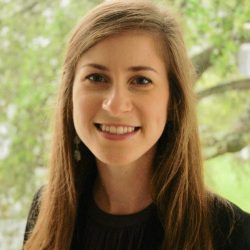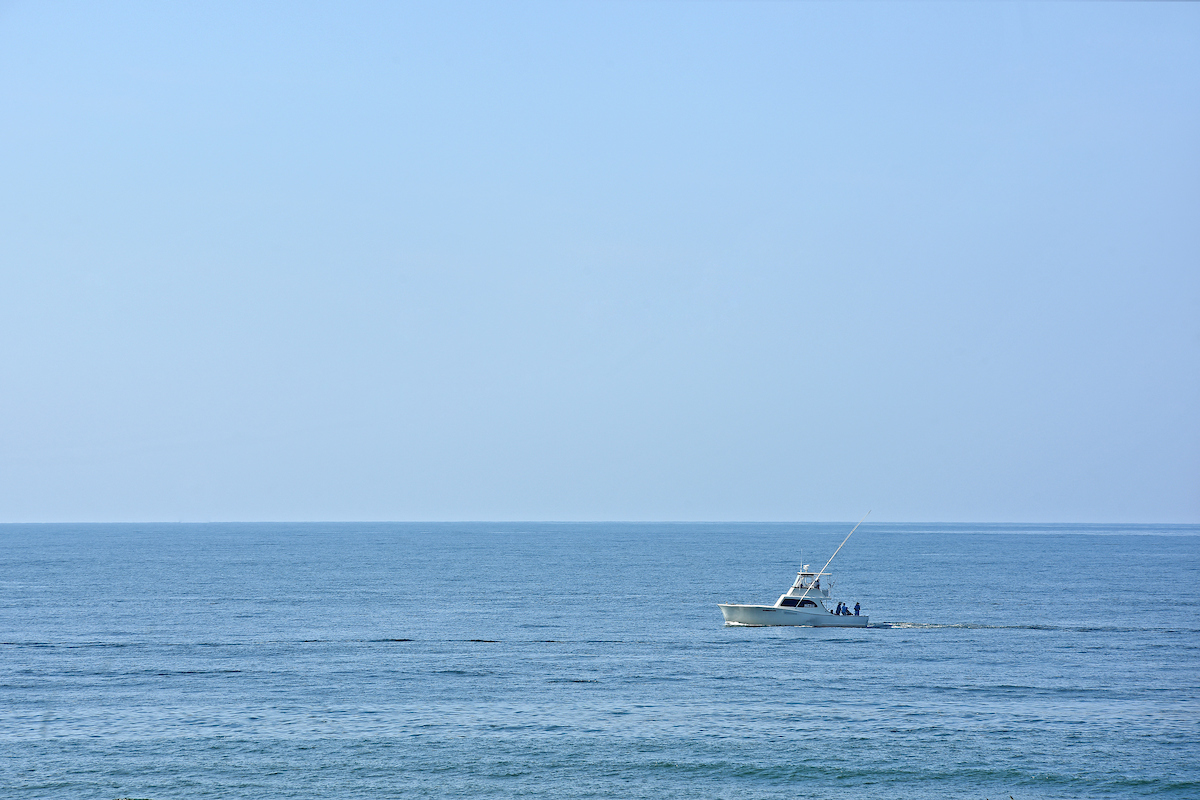Natalie Nelson, assistant professor in the Biological and Agricultural Engineering Department, won a 2020 Early-Career Research Fellowship from the Gulf Research Program of the National Academies of Sciences, Engineering and Medicine. Nelson, principal investigator of the Biosystems Analytics Lab, is one of 20 fellowship recipients.
“I’m excited to interact with and learn from other early career researchers in this year’s cohort as well as past fellows, and to participate in the professional development opportunities provided by the program,” Nelson says.
The fellowship is awarded to emerging scientific leaders who are prepared to work at the intersections of environmental health, community health and resilience, and offshore energy system safety in the Gulf of Mexico and other coastal regions in the United States. The fellowship will provide funds to support graduate student Lise Montefiore’s work on the vulnerability of estuarine ecosystems along the Gulf and South Atlantic Coasts to nutrient loading, as well as new avenues related to predicting the occurrence of bacteriological water quality hazards in nearshore waters.
“This early-career fellowship is a tremendous recognition of Dr. Nelson’s program and speaks to the rigor and dedication of her research program to inform coastal resource management through data analytics and integrated modeling,” notes Garey Fox, head of the Biological and Agricultural Engineering Department.

The two-year fellowship — which begins Sept. 1, 2020 — is awarded to tenure-track faculty at colleges, universities and research institutions. Each fellow receives a $76,000 financial award, mentoring support, and a built-in community of colleagues who share an interest in the well-being of Gulf Coast communities and ecosystems. Since the award is not attached to a specific project, fellows are able to use the support to pursue bold, nontraditional research that they otherwise might not be able to conduct.
“The early years of a researcher’s career are a critical time. This program gives fellows the independence and flexibility to explore untested ideas and develop lasting collaborations,” said Lauren Alexander Augustine, executive director of the Gulf Research Program. “The 2020 class of fellows are a distinguished group of individuals who have demonstrated superior scholarship, exceptional scientific and technical skills, and the ability to work across disciplines.”
Nearly 88 Early-Career Research Fellowships have been awarded since 2015. In addition, the GRP runs the Science Policy Fellowship program and provides support to the National Academies’ Christine Mirzayan Science and Technology Policy Graduate Fellowship.

